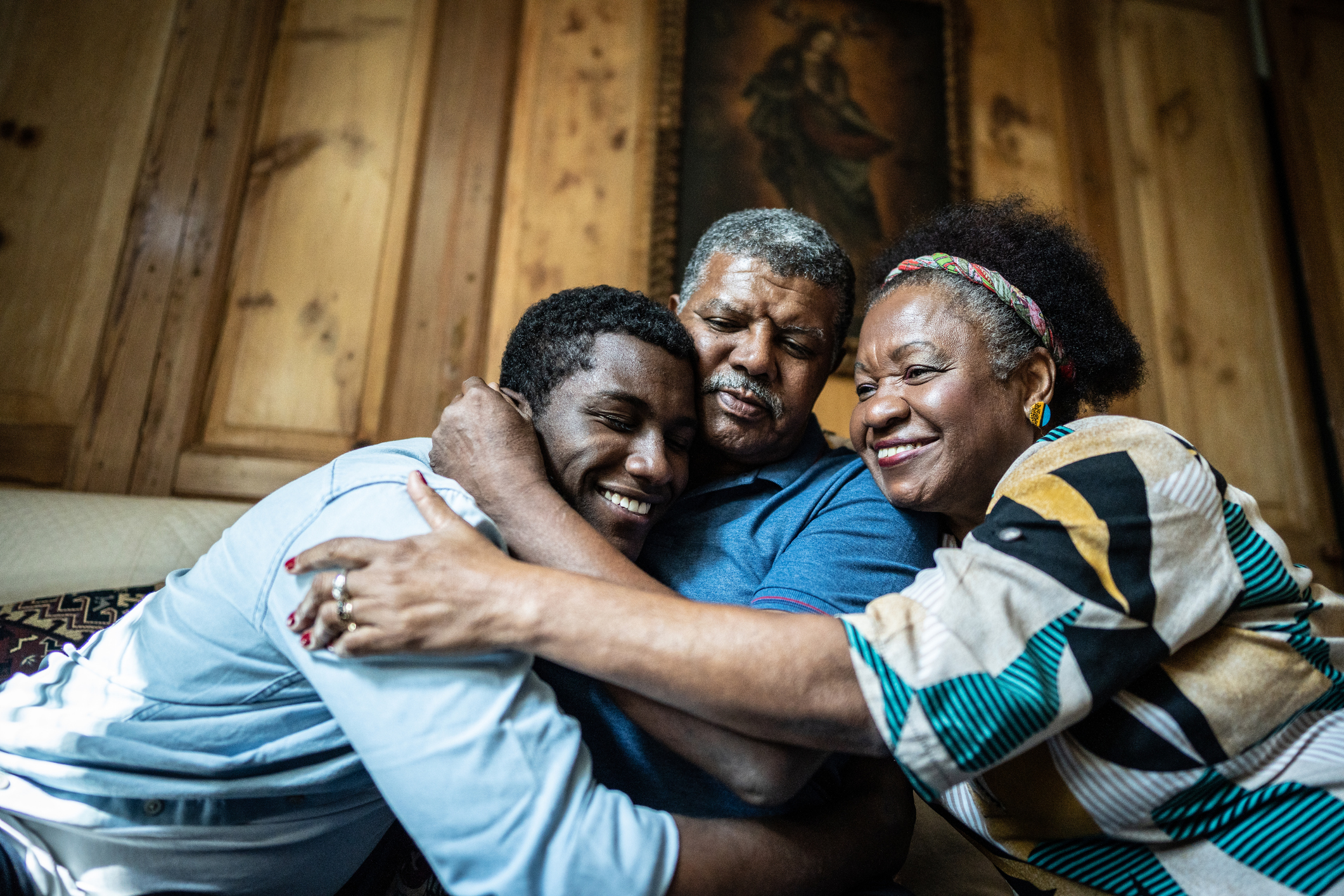Advice on navigating complex caregiving
By Jay Nachman
The biggest challenge for someone taking care of a parent or loved one is “accepting your loved one for who they are now. Not who you knew them to be,” said Dr. Kiplee Bell, an internal medicine physician who has created a practice focused on caregiving. She works with caregivers to help them tackle caregiving challenges with peace of mind.
The second biggest challenge for caregivers, according to Dr. Bell, is knowing and taking the steps involved in caring for a loved one. These steps include learning about what resources are available.
Dr. Bell advises caregivers to have important conversations with a parent or other loved one while they are cognitively intact, or when illness is not imminent, about their wishes and desires. It is also important to make sure all legal paperwork is in place.
“(Advance planning) is the greatest gift,” Dr. Bell said, “When you’re at bedside or in an emergency, and the person had a stroke or a heart attack, has been given a terminal diagnosis or there’s been some change on a dime, if these things aren’t in place, it leaves the caregiver feeling exasperated and frantic. It is overwhelming to navigate all the resources that may be available and what route they’re to take.”
It takes courage to have difficult conversations about end-of-life care between adult children and their aging parents. But it’s equally important for those caregivers, who are in their 50s and 60s, to have conversations with their nuclear families about their wishes as they age.
Dr. Bell practices what she preaches. As a child, she would accompany her mother, who was an in-home private duty nurse for decades, as she worked. Watching her mother, Dr. Bell learned early on how to navigate care between clinicians and families, de-escalate matters between family members regarding bedside care, and solve related issues that come with being a caregiver.
Now she is caregiving for her 89-year-old mother, who has vascular dementia, and also manages the care from afar of her aunt, 96, who lives in Texas. Dr. Bell has written a book, “The Work of My Mother’s Hands: A Caregiver’s Journey,” in which she shares her caregiving experiences and insights.
In between learning from her mother and taking care of her, Dr. Bell earned bachelor’s degrees in sociology and biology, as well as board certification as a physician assistant from Drexel University’s College of Medicine. She also was awarded a master’s degree in gerontology from St. Joseph’s University and received her medical doctorate from the International University of the Health Sciences.
“Members of the Black and brown communities have their own specific caregiving challenges due to social disparities in health care,” Dr. Bell said. For example, they often don’t have access to higher-end facilities and 55-plus active adult communities.
It’s not uncommon, according to Bell, for minority community members to live in multi-generational households. Additionally, in some homes, grandparents are raising grandchildren. Then there is the flipside, where young children are helping to take care of their older family members.
And when English is not a native tongue, language barriers can preclude an adequate understanding of how to navigate the social service and health care systems.
For these reasons, Dr. Bell reiterates her advice to have conversations with loved ones about caregiving early and often.
She also advises family members to define care roles. One family member may not be able to stand the sight of blood but is a great accountant. Another family member might be a good organizer, while another is resourceful and can develop solutions for day-to-day challenges. Assigning roles can prevent volatile situations when the person being cared for becomes ill.
Dr. Bell provides guidance, resources and inspiration for caregivers and those supporting them through her websites, ImpactfulCare.com and ImpactfulCaregiving.com, and her podcast CAREPOD.
Knowledge is power, but applied knowledge is even more powerful. Dr. Bell said: “It’s close to my heart to empower all people to understand the resources that are available to them.”
Philadelphia Corporation for Aging’s Caregiver Support Program assists adults caring for older loved ones and older adults raising young relatives. For information, call the PCA Helpline at 215-765-9040.
Jay Nachman is a freelance writer in Philadelphia who tells stories for a variety of clients.




